Summer is synonymous with sunshine, vacations, and outdoor activities. But while the warm months bring joy, they also pose challenges for your skin — especially dryness. High temperatures, humidity fluctuations, exposure to chlorine, and air conditioning can strip your skin of its natural moisture, leaving it tight, flaky, or irritated. Understanding what causes summer dryness and taking proactive steps can keep your skin healthy, soft, and glowing throughout the hottest months of the year.
Thank you for reading this post, don't forget to subscribe!Dry skin in summer isn’t just uncomfortable; it can accelerate aging, trigger sensitivity, and worsen conditions like eczema. That’s why prevention is better than cure — here’s everything you need to know about why skin dries out in summer, and how to avoid it effectively.
Causes of Dry Skin in Summer
Even though winter is notorious for drying skin, summer can be equally harsh. The main culprits include:
-
Sun exposure: Ultraviolet (UV) rays break down the skin’s barrier, leading to moisture loss.
-
Air conditioning: While it keeps you cool, AC significantly reduces indoor humidity, dehydrating your skin.
-
Swimming pools: Chlorine strips away natural oils, leaving skin rough and itchy.
-
Frequent showers: Hot or long showers wash away protective lipids, further compromising your skin barrier.
-
Humidity shifts: Moving between humid outdoors and dry, air-conditioned interiors confuses your skin and disrupts moisture balance.
Understanding these factors is essential for tailoring a skincare routine that prevents dryness.
Tips to Prevent Dry Skin in Summer
The best approach combines external care — like moisturizing — with internal support through hydration and nutrition.
Choose a Gentle Cleanser
Many foaming and soap-based cleansers contain sulfates and harsh surfactants that strip natural oils, especially when used twice daily. Opt for a pH-balanced, sulfate-free cleanser enriched with hydrating ingredients such as glycerin or hyaluronic acid.
Limit Hot Showers
Though tempting after a long day, hot showers deplete your skin of its natural oils. Keep the water lukewarm, limit shower time to 5-10 minutes, and pat your skin dry with a soft towel.
Moisturize Immediately After Bathing
Apply moisturizer within 3 minutes of bathing to lock in moisture. Look for formulas containing:
-
Ceramides: Help repair and strengthen the skin barrier.
-
Hyaluronic acid: Attracts and retains water.
-
Shea butter or squalane: Provide deep nourishment without clogging pores.
Don’t Skip Sunscreen
Sunscreen doesn’t just protect against sunburn and skin cancer — it’s essential for keeping your skin hydrated. UV damage can destroy collagen and lipids, leading to dryness and premature aging. Choose a broad-spectrum SPF 30 or higher and reapply every two hours when outdoors.
Use a Humidifier
Combat the drying effects of air conditioning by adding moisture back into the air. A humidifier in your bedroom or workspace can significantly reduce transepidermal water loss overnight.
Stay Hydrated
Drinking plenty of water helps maintain skin hydration from the inside out. Aim for at least 8 glasses of water a day, and include water-rich foods like cucumbers, watermelon, and oranges in your diet.
Exfoliate Weekly — But Don’t Overdo It
Gentle exfoliation removes dead skin cells, allowing moisturizers to penetrate better. Use mild chemical exfoliants like lactic or mandelic acid once a week. Avoid over-exfoliating, which can weaken the skin barrier and worsen dryness.
Wear Breathable Fabrics
Cotton and linen allow your skin to breathe, reducing irritation and sweat buildup that can compromise your skin’s protective barrier. Avoid synthetic fabrics that trap heat and moisture.
Best Ingredients to Look for in Summer Skincare
Choosing the right products is key to preventing dryness. Dermatologists recommend including these ingredients in your summer routine:
-
Hyaluronic acid: Holds up to 1,000 times its weight in water.
-
Niacinamide: Enhances the skin barrier, soothes redness, and reduces water loss.
-
Aloe vera: Soothes and hydrates sun-exposed skin.
-
Panthenol (Vitamin B5): Calms inflammation and locks in moisture.
Foods That Support Skin Hydration
Healthy skin starts from within. Incorporate these hydrating and antioxidant-rich foods:
-
Avocado: Packed with healthy fats to strengthen the skin barrier.
-
Fatty fish (salmon, mackerel): Provide omega-3s to reduce inflammation and dryness.
-
Citrus fruits: Rich in vitamin C to support collagen production.
-
Nuts and seeds: Contain vitamin E, which protects skin from oxidative stress.
Signs You Need to See a Dermatologist
If you experience persistent flakiness, severe itching, cracking, or bleeding — or if dryness is accompanied by redness and swelling — it’s time to consult a professional. These could signal eczema, psoriasis, or another underlying condition requiring medical treatment.
Final Thoughts
Dry skin in summer can be uncomfortable and even painful, but it’s completely preventable with the right skincare routine and lifestyle habits. By understanding the causes of dryness and making small adjustments — like moisturizing immediately after showers, avoiding harsh cleansers, wearing sunscreen, and staying hydrated — you can keep your skin soft, smooth, and healthy all season long.
Remember, beautiful skin isn’t about expensive products — it’s about consistent care and smart choices every day. Make these tips part of your summer routine, and enjoy the sunshine without sacrificing your skin’s health.

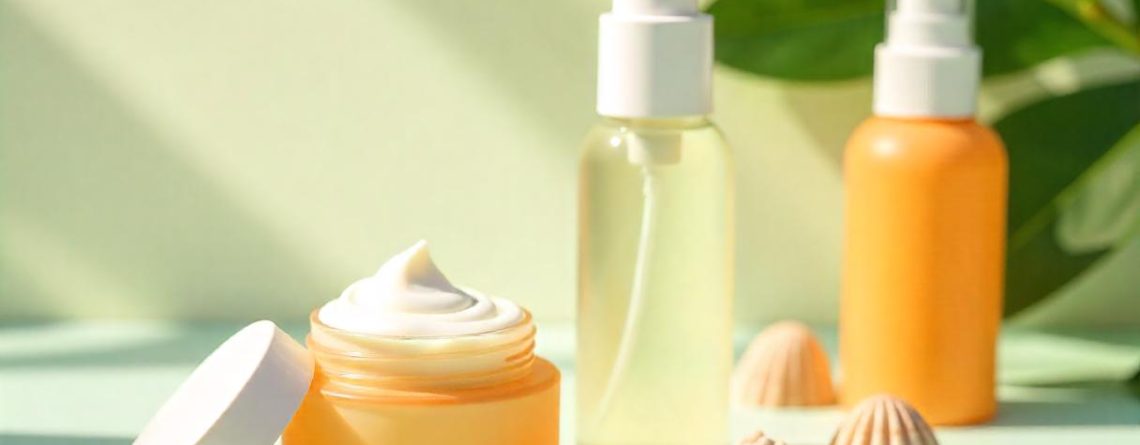


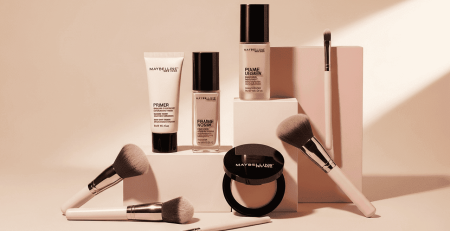


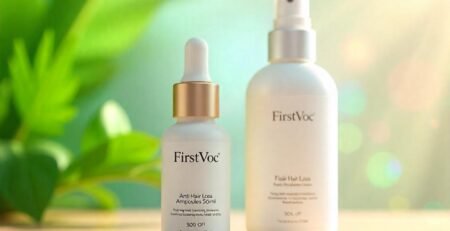
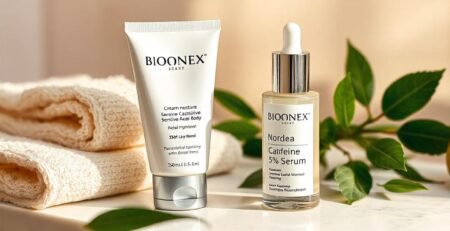
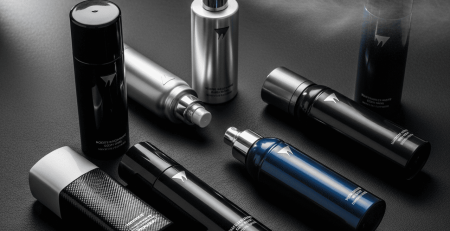

Leave a Reply